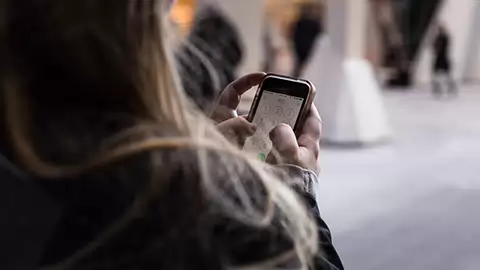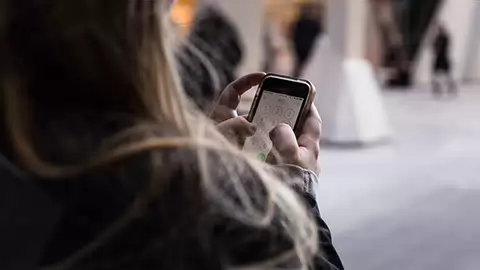
Some say Napoleon lost the war against the Russians, because he was unable to supply his army far away in wintery and cold Russia. He did not bother about logistics. And undoubtedly the military background of logistic, also civil society nowadays appreciates the necessity of planning the flow of goods in order to cut costs, decrease throughput time and increase reliability. Especially today as we speak of truly global trade. Goods are shipped throughout the world and are built from parts coming from all over the world. For European companies with large incoming and outgoing flows of goods to and from the EU, it is important to organize these flows effectively and efficiently and according to customs law. When customs’ law is not met, the throughput time at the border will increase. And although inner boundaries within the EU have dissolved and we can move goods freely throughout the EU, customs still play an important role related to many goods being moved inside the EU. Furthermore sadly 9-11 happened. This act of terror changed current logistics. Worldwide security enhancing measures were taken. Very often customs play a part in supervising incoming flows of goods security related. And last the United Kingdom has left the EU. For the Netherlands this has huge consequences as many flow to the UK from the EU and the other way around, go via the Netherlands. After the BREXIT, all these goods have to be declared for export and import. Customs will then supervise these flows of goods.
For companies involved in the international flow of goods, it has become extremely important to act compliantly. This means they carry out their processes which are related to this international flow of goods in line with customs law. If they fail to do so, customs supervision will increase the throughput time in the supply chain, making their throughput time also more unreliable: a nightmare for every logistic manager.
The challenges mentioned before illustrate the need for generalists, who not only are acquainted with logistics and global sourcing, but also in customs legislation and trade compliance. Therefore to put it shortly: the knowledge gained in this minor will yield a lot of opportunities on the labour market within businesses involved in international trade.
The minor Customs Management in International Business has been based upon two following fundamental subjects:
- Customs procedures and regulations;
- Global Trade & information systems.
Students will be taught to think about the consequences of global sourcing, identifying the risks of global trade and take measurements to meet these risks to make sure the company is compliant.
This minor has the same structure as the master Customs and Supply Chain Compliance, offered by the Erasmus University in Rotterdam and has been developed in cooperation with the Erasmus University and Dutch customs.
The minor offers the unique possibility, unlike most minors, to apply the theory in practice. This is done in the project and the student can organise this project to his/ her own needs. The student may do the project within a company. A company problem within the Trade Compliance scope, must be solved by applying the theory in this business case. Another possibility is to carry out a scientific research in which the student dives into a Trade Compliance topic and tries to provide answers. The third possibility is to advice a fictious company on a trade compliance problem.
Below a brief planning is added, indicted are the hours/ week in which lecture is planned.

The numbers added under week 1 until 8 represent contact hours in lecture. So for example 5 hours are planned in week 1 for CUS1. Week 1 is planned in calender week 35.
The numbers added under week 10 until 16, represent hours which the student are suppose to spend on their project. The report resulting from this project must be handed over at the end of week 2.
As usual the minor covers 20 weeks. The first ten weeks will focus on theory. Lecture will be given on customs law and customs procedures. The concept of Trade Compliance will be discussed and the role of AEO and ICT to achieve trade compliancy. The last ten weeks will focus mainly on the project. Like an internship, students must execute a project within a company. The goal is to advice the company how to improve their compliancy. The assessment of this project will mainly be the same as the assessment of the internship / bachelor thesis. This means that this project is a good preparation of internship/ bachelor thesis. As currently both the Dutch customs organisations and companies lack employees familiar with customs law and customs procedures, this minor is also an excellent preparation for the labour market.
Have you already thought about your choice of minor? Do you want to immerse yourself in your profession, or do something completely different? Your choice of your minor can be quite difficult. The most important thing is that you choose something that really suits you. This way you can distinguish yourself from others and make your studies even more personal. But how do you choose? And what can you choose?
(Online) minor information week
To help you with your choice, we organise an (online) minor orientation week in November. During these information sessions, you will learn more about the content of the minors and you can ask any question you may have. You can register here for the orientation week.

For further information please contact the minor-coordinator Mrs. Lonneke Vocks l.vocks@fontys.nl or 0031 (0) 8850 79182.


